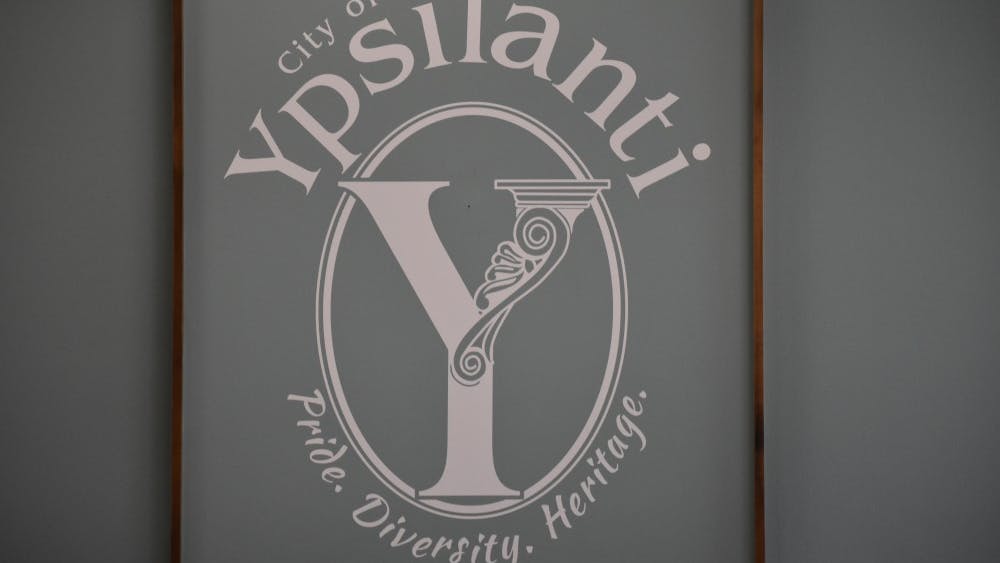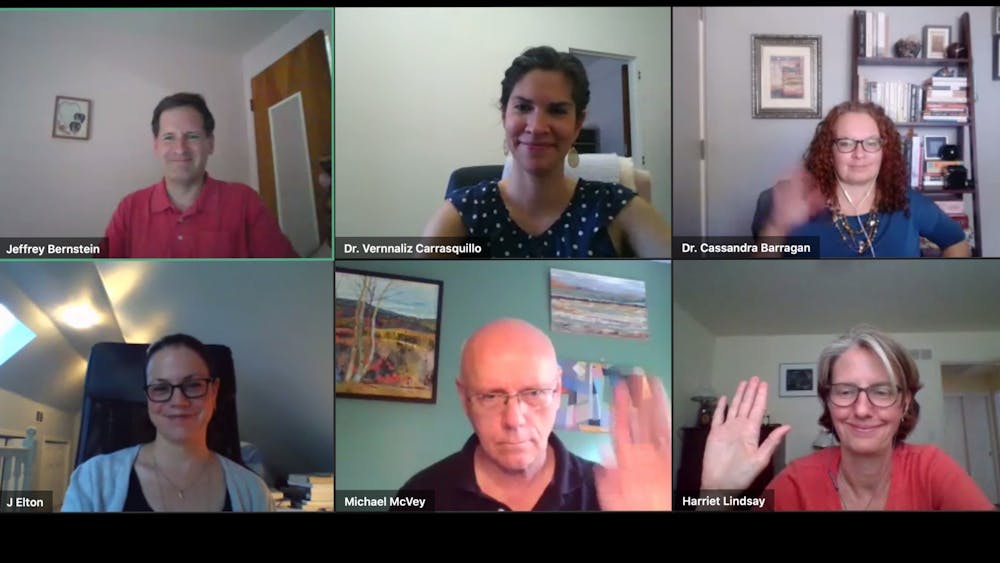Eastern Michigan University Assistant Professor Annemarie Kelly and Associate Professor Christina Marsack-Topolewski have been working and collaborating together for three years now, with the purpose of getting legislation passed that would protect vulnerable adults with disabilities from online sexual abuse and predatory behavior.
The EMU professors testified on Oct.19 in support of House Bills 4159 and 4160.
In the state of Michigan, the laws that should be in place to prevent this type of online abuse, do not exist. This is because the laws governing the internet have not been updated or touched since the internet came into existence.
“Because the internet is so new, relatively, when it was being created and in its formative stages, lawmakers didn’t think about how laws should be applied and operate within it,” Marsack-Topolewski said. “ Unfortunately, nothing continued to be done about it even as cases were being reported of vulnerable populations being abused, bullied and exploited through it.”
The designation, Vulnerable Adults with Disabilities, is a term that both professors were very specific about in crafting the bills. Under already existing Michigan law, applicable in every instance outside of online engagement, vulnerable adults constitute any individual aged 18 and over, who, due to age, developmental disability, mental illness, or physical disability, lack the social and personal skills required to live independently.
“Because we were starting to get pushback about who exactly would be affected by the bills and concerns over internet rights, we had to be very intentional about the language we used to show that we simply want laws and accountability in place to protect vulnerable citizens who are not currently being protected,” Kelly said.
“Every adult should have sexual agency, and agency period, when it comes to online interactions,” Kelly said. “And that includes adults with disabilities. These bills recognize that the exchange of sexually explicit visual material without consent from all parties is internet-based predation, aggression, and bullying.”
To say that the solution is simply to not allow vulnerable adults with disabilities to use the internet, may deprive them of a central means of social connection and interaction.
“Many vulnerable adults maintain social connections through using the internet,” Marsack-Topolewski said. “The answer to concerns about predation and online exploitation cannot be to keep vulnerable adults from using the internet.”
The testimony by Professors Kelly and Marsack-Topolewski was broadcast live over public television and online, and is currently ongoing.










